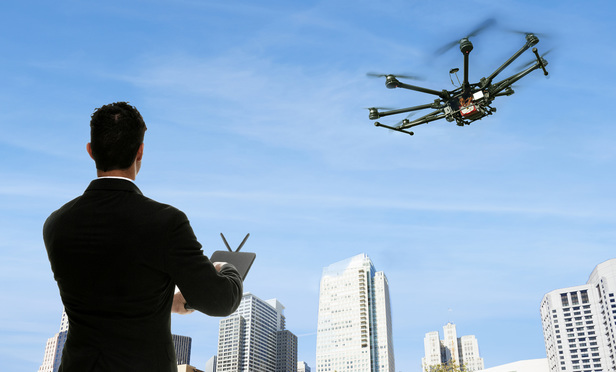The Federal Aviation Administration (FAA) estimates that small unmanned aerial systems (UAS) in the U.S. will increase from 2.5 million in 2016 to 7 million in 2020, 4.3 million hobbyist and 2.7 million commercial. In response to concerns about the safety of the national airspace system and of people and property on the ground, the FAA issued a rule in December 2015 titled “Registration and Marking Requirements for Small Unmanned Aircraft,” which requires web-based registration for small UAS, including model aircraft (Registration Rule). Congress limited FAA’s authority to regulate model aircraft, which include small UAS used by hobbyists for recreational purposes. Failure to register small UAS under the Registration Rule could subject operators to civil and criminal penalties.
On May 19, 2017, the U.S. Court of Appeals for the District of Columbia Circuit struck down the FAA’s authority to issue those registration requirements as to model aircraft. (Taylor v. Huerta, 15-1495, D.C. Cir. 2017.) The Court’s ruling makes it unlikely that the FAA will attempt to further regulate hobbyist small UAS use absent new Congressional authority. However, hobbyist drone operators could ultimately face attempts by state or local agencies that seek to develop and administer new rules and regulations on model drone use. The ruling has no impact on businesses that seek to use small UAS for commercial purposes; such operators are still subject to the Registration Rule. However, if hobbyists attempt to monetize their use of small UAS (and associated photography and surveillance videos), they must understand what activities could transform them into a commercial user subject to the Registration Rule.



